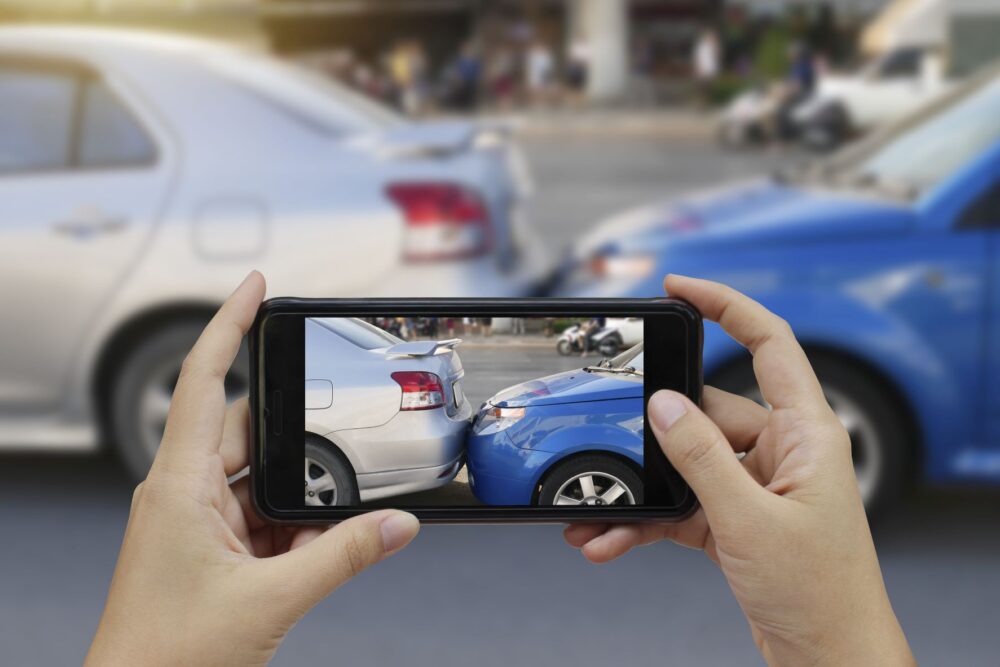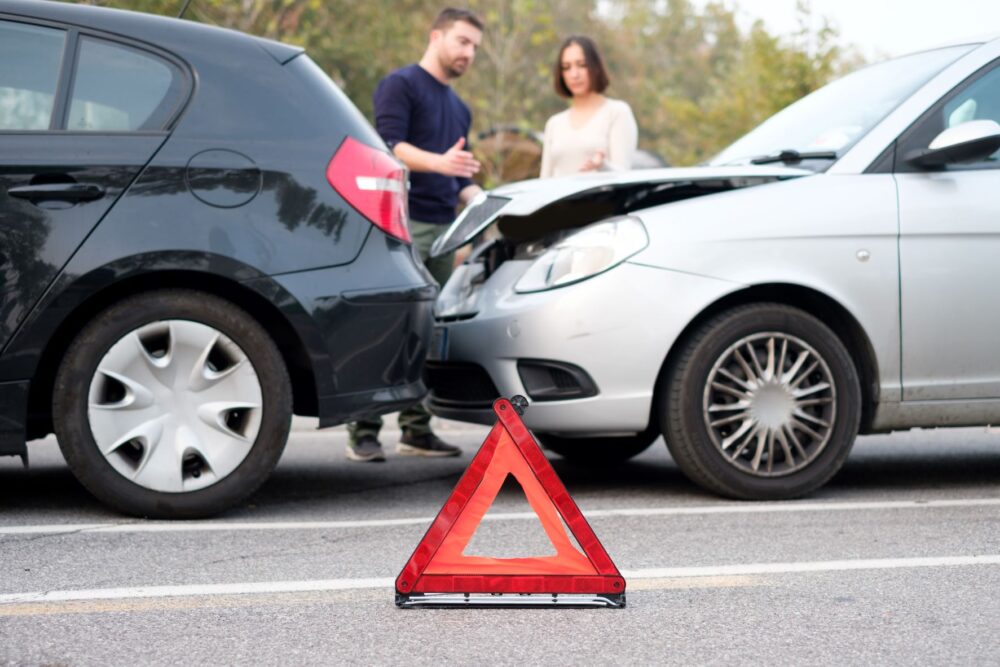
Accidents happen, and sometimes there’s nothing you can do to completely prevent them. Car accidents occur more often than we’d like to think. No matter how careful you are, the unfortunate reality is that they can be experienced by anyone on the road at any time.
Car accidents can shake you up and have nasty financial consequences. The good news is that your insurance coverage would make dealing with the aftermath of an auto collision easier.
However, managing your car insurance coverage and claims can be tricky, especially if you don’t know what to do beforehand. To help you out, here’s a brief guide on how to deal with your policy during accidents:
Take Immediate Action
Accidents can be rough, so take a moment to compose yourself if needed. Check if anyone requires medical attention, and call 911 to get help as soon as possible. Only after doing so should you move on to the next few steps.
Take pictures of the area—these will be beneficial in filing your insurance claim and dealing with legal matters later on. Capture photos of the scene from many angles, the damage done to each vehicle, and anything else that you think might help your case.
Collect the insurance details of everyone involved. Laws would vary depending on your specific location, but your insurance company may not be the only one that needs to provide compensation. Your insurer might have to communicate with those of the individuals involved in the collision. Contact your insurance agent right away, and ensure that the other drivers contact theirs, too.
If the situation calls for it, such as when someone’s injured or there’s severe property damage, contact the police. This step is a requirement in many states, so it’s best to get in touch with law enforcement no matter how minor you think the accident is.

Know Your Coverage
Dealing with car accidents can be complicated. Certain factors will be considered by your and the other parties’ insurance providers before compensation is granted.
You’ll want to do some reading on your current insurance coverage to know what you’re eligible for. You may ask questions concerning your case to see if you’re covered or should be held liable.
You might need to seek legal advice in special cases. For example, what if your car is involved in an accident when someone else is driving? In such a case, it may be unclear who should be held liable for the incident. You can visit this page and similar websites if you’re interested in learning more about this particular matter.
Who Is At Fault And Where Do You Stand?
The fault might be on you, someone else, or nobody. Regardless of who’s liable, you have to be prepared for any accident your vehicle might be involved in by getting a good insurance policy.
If you don’t have car insurance at the time of the accident, you won’t receive compensation from any insurance company unless the other driver’s insurer deems you eligible for compensation.
In some accidents you might be the one at fault, so you should take responsibility for it. It’s possible, however, that your vehicle would be hit by a driver who refuses to accept responsibility for their fault. Disputes about who’s at fault require police intervention, especially if it seems like the other driver is under the influence. In some situations, there may be camera footage of the accident taking place, and that can be used to determine the at-fault party.
Claim Your Car Insurance Coverage
It’s time to file your car insurance claim. It’s advisable to start this process as soon as you can. By now you should already be in communication with your insurance provider. If the other driver has accepted full responsibility for the accident, you might only need to file a claim with their insurance provider.
Your insurance company should give you a list of the documents and details required. When filing your claim, you should provide:
- Pictures taken at the scene
- Medical and police reports, if applicable
- Contact information of the other party’s insurance company
- Information about the other parties involved (contact details, license plate number, etc.)
The insurance companies will communicate your coverage to you and compensate you for everything covered by your policy. It’ll be good for you to know how to write a good accident report in case that’s asked of you as well.
Conclusion
Every car accident is different, and there’ll likely be more for you to consider than what’s included in this brief guide. The steps you’ll take regarding your auto insurance during accidents would ultimately depend on the specifics of your situation. What’s been provided above is the general information you need to be aware of should you be involved in a collision. With it, you’ll be able to take the right actions at the right time and get the compensation you deserve.
Comments